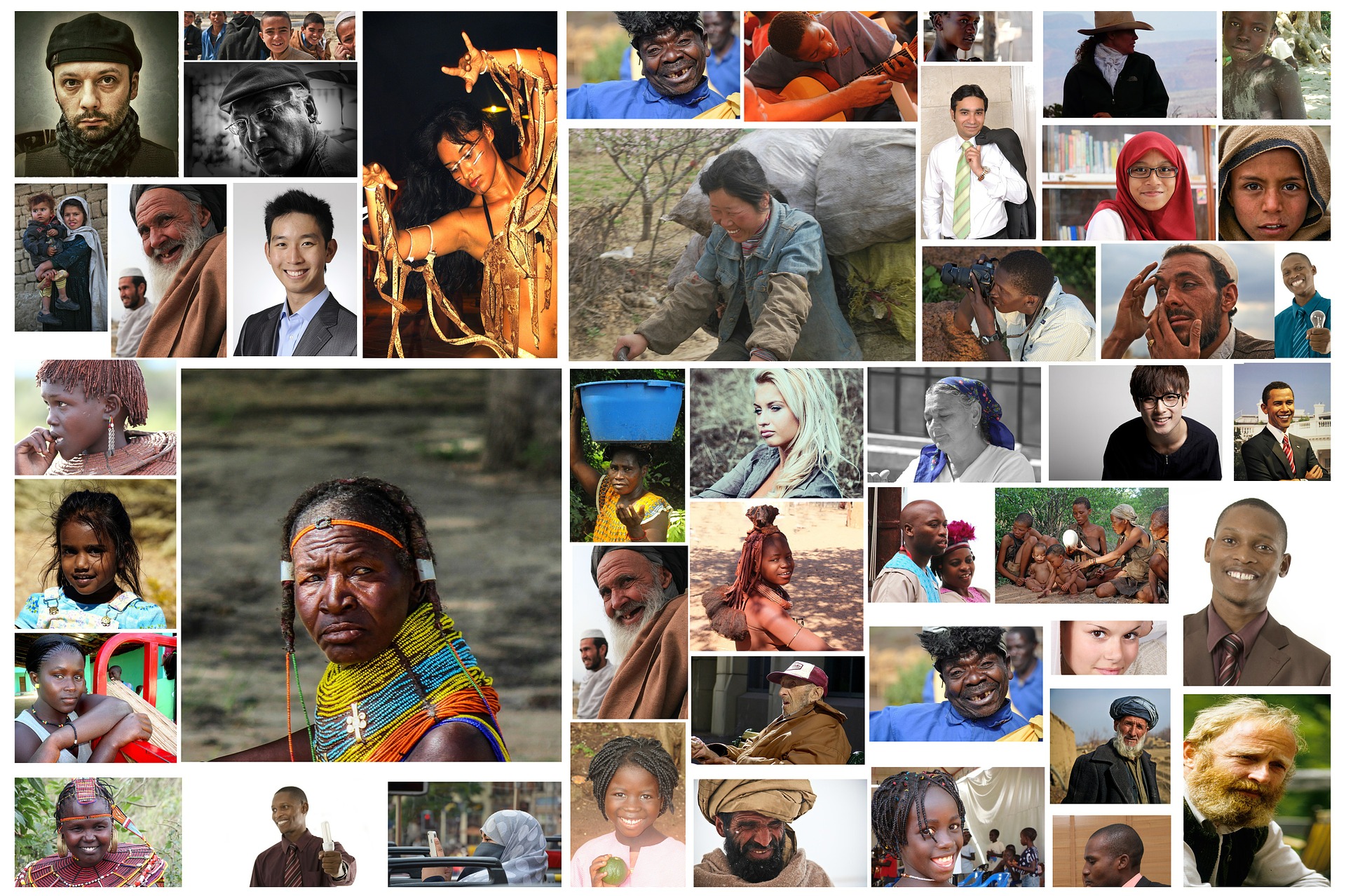
Pixabay – CC0 Public Domain
How would you know that a person was a person, if they didn’t come in human form? This is one of the questions that David Lahti, Professor of Biology at Queens College in New York, asked in his lecture on Biology and Personhood at the Faraday Institute this summer. As I said in last week’s post, this isn’t the sort of thing that bothers most people every day. But to appreciate the full wonder of what it means to be human, to interact with intelligent animals, or take part in ethical debates, personhood needs to be defined. This subject is a minefield, but as someone with qualifications in both biology and philosophy, Lahti was well equipped to navigate it. Here are just some of the thoughts that he shared.
Definitions of personhood tend to include ideas about individuality, self-awareness, self-consciousness or rationality. To start with consciousness – or the presence of an inner mental life – this may not be unique to humans. Different animals may be conscious to some degree, but to take things any further we would need some sort of scale for assessing how conscious they are. It is far easier to study the mental awareness of our own kind.
It’s perhaps easier to assess self-awareness, which is the ability to reflect on our own mental states and make judgments about them. This ability develops from around fourteen to eighteen months, and to test it all you need is a mirror. We’ve all seen babies demonstrating their lack of self-awareness by slobbering on their own reflection, thinking they’re kissing a newcomer to the room. Similarly, we’ve probably all seen videos of full-grown dolphins recognising themselves and trying out different angles in a reflective surface to see what they look like.
Around ten animal species have mirror-recognition. What we don’t know is whether they are self-aware enough to have ‘theory of mind’, which is the ability to understand that others have mental states and act on basis of what those might be. For example, if I know that things have happened to you that are likely to make a person sad, I might give you a call. Animals might behave as if they are interpreting mental states, but it’s difficult to tell the difference between learned behaviour and actual understanding. The dog might put his head on your knee when you’re feeling down, so is that because he actually recognises those feelings or is it because you gave him a nice pat when he did it last time?
Rationality is yet another continuum. Animals can do clever things, but if the behaviour is innate then it’s not rational thought. Only the most intelligent creatures can solve new problems, and the really clever ones can plan the solution before they try it out.

Pixabay – CC0 Public Domain
So far, it has been hard to say what is and what isn’t a person. Some people try to reduce the problem to more concrete factors, but in doing that they can end up throwing away the idea of personhood altogether. For example, is our behaviour controlled by factors outside of our control, such as genes or social factors? And if the atoms in our bodies change, are we even the same person? For Lahti, reductionist arguments like these are not helpful. A full definition of personhood would include a whole rage of categories of knowledge, not just scientific ones.
Personhood is also something that emerges over time, both in terms of individual development and the evolution of species. Life begins before fertilisation – after all, gametes are living tissue. An individual begins to be formed when those zygotes meet, but until gastrulation that zygote could divide and produce twins. Recordings of foetal brain activity are recognisably human by 28 weeks of pregnancy, but a person only becomes self-aware long after birth.
So as biologist Theodosius Dobzhansky said, there are no clear answers here. “The wish felt by many people to pinpoint such a stage [when an embryo becomes a person] probably stems from the belief that a soul, conceived as a preternatural entity, descends upon a formerly soulless living stuff, and suddenly transforms the latter into human estate. I hope that modern theologians can accept the idea that the transformation is not sudden, but gradual.”
The notion of personhood is usually expressed as a binary state – yes or no – but the criteria underlying it are graded and ambiguous. The mathematician and philosopher Alfred North Whitehead wrote, “The distinction between men and animals is in one sense only a difference in degree. But the extent of the degree makes all the difference.”

Pixabay – CC0 Public Domain
For Lahti, it is perhaps best to leave the idea of personhood as a tipping point. Our human qualities are truly wonderful, but they are partly shared with other creatures. We should use science to study these things as much as possible, but not try to create moral criteria – such when the embryo becomes a person – where they don’t exist.




